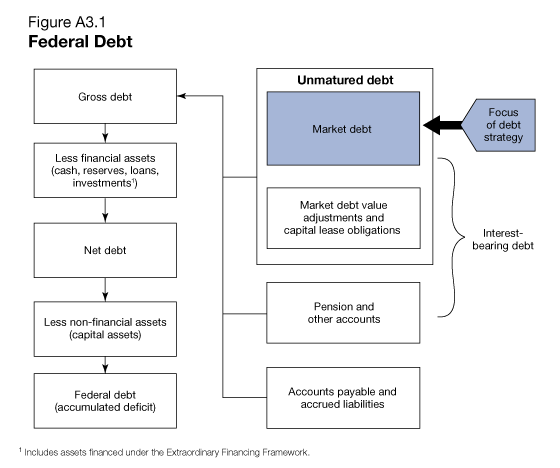Corporate Bonds Financial Web
Post on: 16 Март, 2015 No Comment

Investors who desire a higher rate of return than that offered by Treasury securities . and are willing to expose themselves to more risk in order to obtain it, often consider investing in bonds issued by corporations . While corporate bonds pay a higher interest rate than do government offerings, they also are inherently riskier instruments because they stand not on the faith of the federal government but upon the financial strength and integrity of the company that issues them.
Why do companies choose to issue bonds instead of raising the capital that they need from other sources? There could be a number of reasons. Listed below are just a few possibilities:
- Bond buyers are often willing to lend companies money for longer periods of time than are banks. Most banks don’t want to make business loans of longer than about five to seven years. Since banks generally borrow money from depositors for short periods of time, they don’t want to re-lend it for longer periods. Companies, however, frequently want to borrow money for terms as long as 20 years and, therefore, have no alternative other than to issue bonds.
- Companies often don’t want to dilute the percentage ownership of their existing common stock by issuing additional shares. So instead, they issue debt in the form of bonds.
- Sometimes the rate at which companies can borrow money in the bond market is the lowest-cost source of financing available.

When a company elects to issue corporate bonds, it can either sell the bonds to the general population by way of public offering. or it can sell them to a limited number of banks, insurance companies, pension planners, and other institutional investors via private placement .
In a public offering, the company (generally with the help of an investment bank) prepares a loan document known as a bond indenture that details the terms of the loan that it’s seeking from investors. This document can be quite lengthy and complex (500-plus pages of legal jargon are not common). The bond indenture also explains any covenants (or promises) that the borrower makes to the lenders. These covenants fall into two general categories: affirmative and negative. Affirmative covenants are the promises that the company makes regarding things it will do. Typical affirmative covenants include promises concerning:
- What it will do with the proceeds. For example, will the company use the money to make acquisitions, build a new plant, or for working capital? The company is obligated to use the proceeds from the sale of bonds for whatever purpose it states it will use them for in the indenture.
- The steps that it will take to protect investors. For instance, the company may agree in its indenture to maintain a certain debt-to-equity ratio, to not pay dividends if the company’s cash reserves drop below a certain level, etc. (It’s clear to see that the interests of bondholders and stockholders are often opposed. Shareholders typically want to pull money out of their companies, while bondholders want money to stay in the company to secure their debt.)
Typical negative covenants include the following types of promises:
- The company will not issue additional bonds that are more senior to the debt. Most lenders want guarantees that if they lend the company money by buying its bonds, the company won’t follow suit by issuing new bonds or obtaining bank financing that’s senior to their bonds.
- The company will not to change its corporate structure or state of incorporation. State laws vary widely with regard to the level of protection afforded lenders; therefore, bondholders often insist upon protection against the possibility of a company changing its state of incorporation.
- The company won’t dispose of any significant assets. Lenders want companies to agree not to sell assets, because of the possibility that the sale proceeds could be misspent instead of acting as security for their loans.
Generally speaking, most investors lack the time and expertise required to read and understand all the provisions of the indenture, much less monitor whether the company adheres to its various covenants. They instead tend to rely upon the opinions of bond experts when determining which offerings have more attractive terms than others.
To monitor whether the company adheres to its covenants on an ongoing basis, each public offering is assigned a corporate trustee. which is often a commercial bank. Bondholders can have legal recourse against the trustee if it fails to notice a violation of a loan covenant that consequently causes a bondholder loss.
$7 Online Trading. Fast executions. Only at Scottrade














